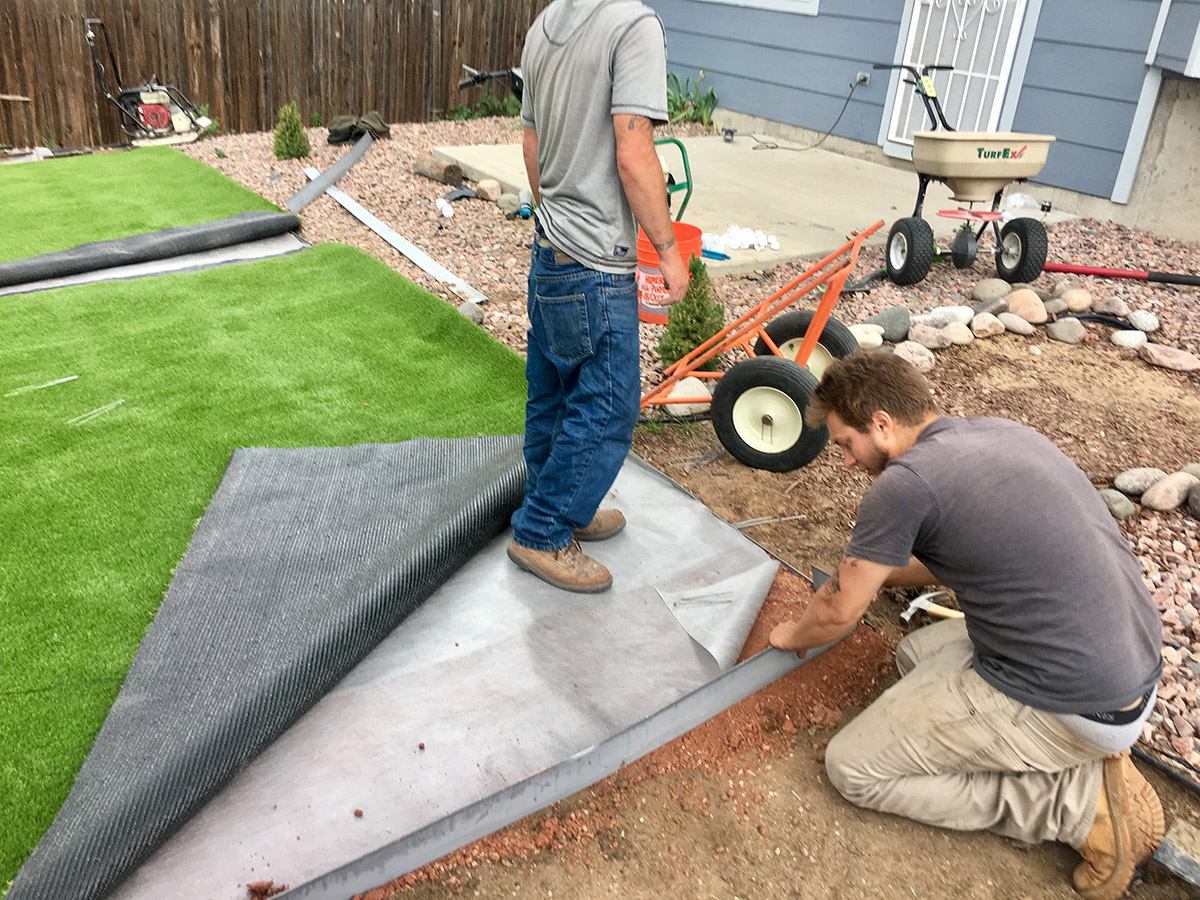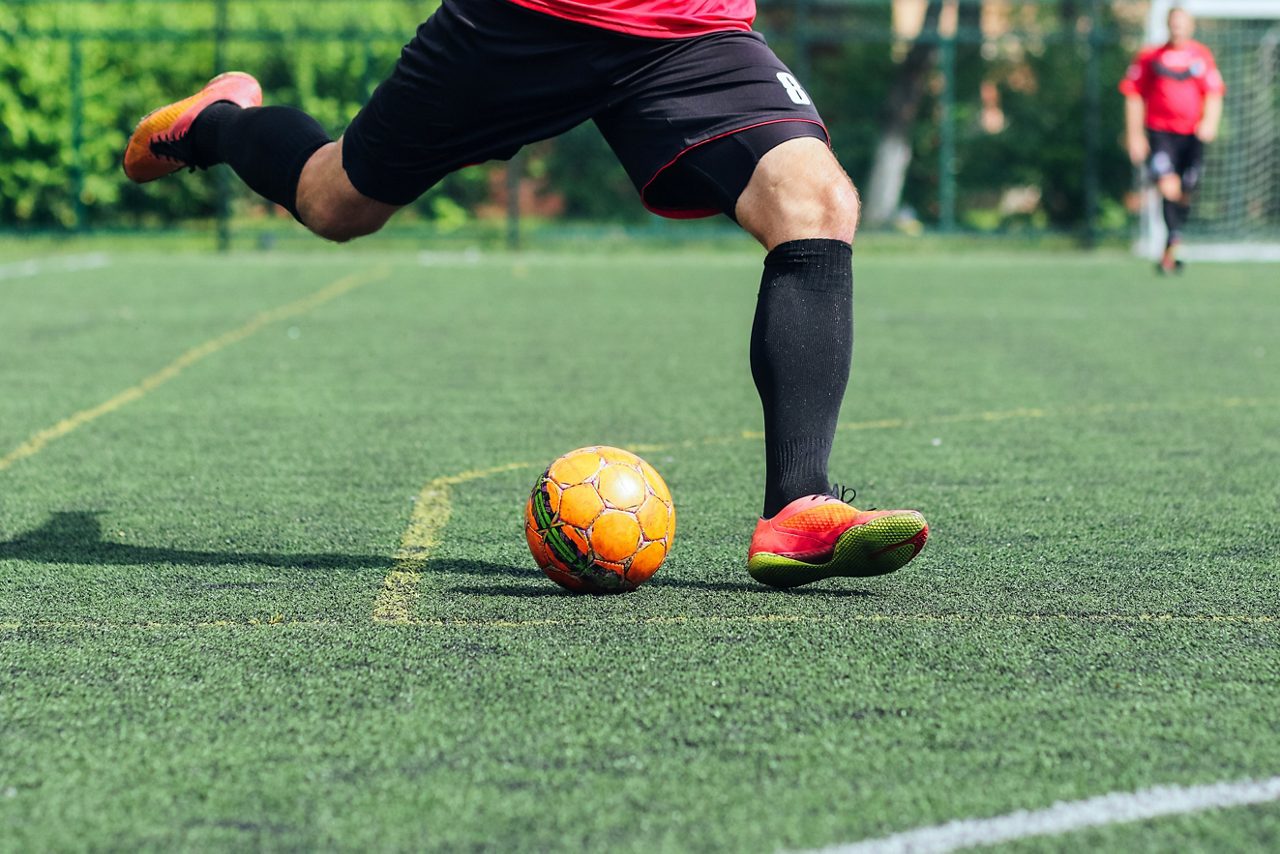Reliable Artificial Turf Companies Phoenix for a Beautiful and Evergreen Lawn
Reliable Artificial Turf Companies Phoenix for a Beautiful and Evergreen Lawn
Blog Article
Explore the Environmental Benefits of Opting for Synthetic Grass Solutions
The fostering of fabricated turf services offers a compelling possibility to attend to pressing ecological obstacles. By dramatically decreasing water use and decreasing the application of dangerous chemicals, these options not just promote sustainable landscaping however likewise protect local communities.
Water Preservation Perks
One of the most considerable advantages of synthetic turf is its ability to preserve water. In contrast, fabricated lawn does not need watering, dramatically minimizing the overall need for water resources.
By eliminating the need for normal watering, synthetic lawn adds to sustainable landscape practices and aids minimize the environmental influence of too much water usage. The preservation of water extends to the reduction of runoff, which can lead to soil disintegration and waterway contamination.
Additionally, the installation of synthetic grass permits home owners and communities to allot water sources much more effectively, concentrating on vital uses such as alcohol consumption water and agriculture. The shift towards synthetic grass not just advertises responsible water use but additionally aligns with more comprehensive environmental objectives aimed at preserving natural deposits.
As neighborhoods increasingly focus on sustainability, the water preservation benefits of synthetic grass present a compelling case for its fostering in commercial and domestic landscaping jobs.
Reduced Chemical Use
The transition to synthetic grass dramatically reduces the reliance on chemical therapies commonly made use of in all-natural turf maintenance. Traditional turf monitoring generally involves the application of chemicals, fertilizers, and herbicides to promote growth and control parasites. These chemicals can position threats to human health, neighborhood wildlife, and the setting, contributing to dirt and water contamination.
On the other hand, man-made turf removes the requirement for these harmful compounds. When installed, it calls for minimal maintenance, mostly being composed of regular cleaning and occasional infill replenishment. This decrease in chemical usage not just benefits the immediate atmosphere however additionally adds to broader environmental security. By minimizing the launch of synthetic substances into the environment, synthetic grass advertises much healthier dirt and water systems.
Furthermore, the absence of chemical drainage connected with synthetic lawn installments assists secure local waterways from air pollution, sustaining marine life and preserving biodiversity. Turf installation phoenix az. As areas significantly focus on lasting methods, selecting synthetic grass offers a viable option that lines up with environmental conservation goals. Via this shift, residential property proprietors can delight in rich green areas without endangering ecological wellness, leading the method for a more sustainable future
Lower Carbon Impact

Additionally, the setup of synthetic grass can cause considerable water preservation. All-natural yards require significant quantities of water for irrigation, which not only adds to the carbon footprint related to water extraction and treatment yet likewise pressures local water resources. On the other hand, synthetic grass requires minimal maintenance, requiring no watering, therefore considerably lowering water use and its associated power prices.
Additionally, the durability of synthetic grass contributes to its decreased carbon impact. With a life expectancy of approximately 15 years or more, the demand for frequent substitutes is diminished, resulting in less waste and reduced power consumption in manufacturing and dealing with standard grass options. Overall, fabricated lawn provides a lasting option for ecologically aware landscape design.
Environment Conservation
Habitat preservation is a crucial factor to consider in the debate over landscaping selections, specifically when comparing synthetic grass to natural yard. All-natural turf lawns usually call for considerable upkeep, including making use of herbicides, pesticides, and fertilizers, which can negatively affect local environments. These chemicals can seep right into the soil and rivers, hurting native plants and animals and interfering with local habitats.
Fabricated grass gets rid of the requirement for unsafe chemicals, consequently shielding close-by wild animals and preserving the stability of surrounding communities. The installment of man-made lawn can lead to the conversion of previous turf areas right into more biodiverse landscapes, such as pollinator gardens or native plant areas, which can sustain local wild animals.
Ultimately, the shift to synthetic grass not just saves water and lowers maintenance initiatives however also cultivates a much more harmonious relationship between human tasks and the all-natural environment, advertising environment preservation while doing so.
Long-Term Sustainability
Long-term sustainability is an essential consider evaluating the benefits of synthetic grass over traditional lawn lawns. Among one of the most considerable advantages of synthetic grass is its resilience; it see it here can last as much as 15-20 years with minimal maintenance, whereas natural grass requires look at here constant reseeding and substitute. This long life decreases the requirement for constant sources, such as water, fertilizers, and pesticides, which are crucial for preserving a healthy and balanced turf yard.
In addition, synthetic lawn adds to a decrease in carbon exhausts linked with yard care equipment. Typical lawns frequently require gas-powered lawn mowers, trimmers, and blowers, every one of which add to air contamination. Arizona turf. In comparison, synthetic grass gets rid of the need for such devices, promoting a cleaner atmosphere
In addition, the manufacturing of synthetic grass significantly utilizes recycled products, enhancing its sustainability profile. As makers take on green techniques, the ecological impact of artificial grass proceeds to diminish.

Final Thought
The fostering of synthetic grass solutions presents considerable environmental benefits, including considerable water preservation, decreased reliance on unsafe chemicals, and a lower carbon impact. Artificial turf help in maintaining all-natural environments by decreasing land disturbance and promoting lasting sustainability with the usage of long lasting materials. Jointly, these elements emphasize the capacity of synthetic grass to add positively to ecological health and offer a practical choice to conventional landscaping methods in an increasingly resource-conscious globe.
In comparison, man-made lawn does not need watering, significantly lowering the overall need for water sources. By minimizing the launch of artificial compounds right into the ecosystem, fabricated grass promotes much healthier dirt and water systems.
Furthermore, the installment of artificial turf can result in substantial water conservation. In contrast, fabricated grass requires minimal upkeep, calling for no watering, thereby significantly lowering water use and its connected energy costs.

Report this page